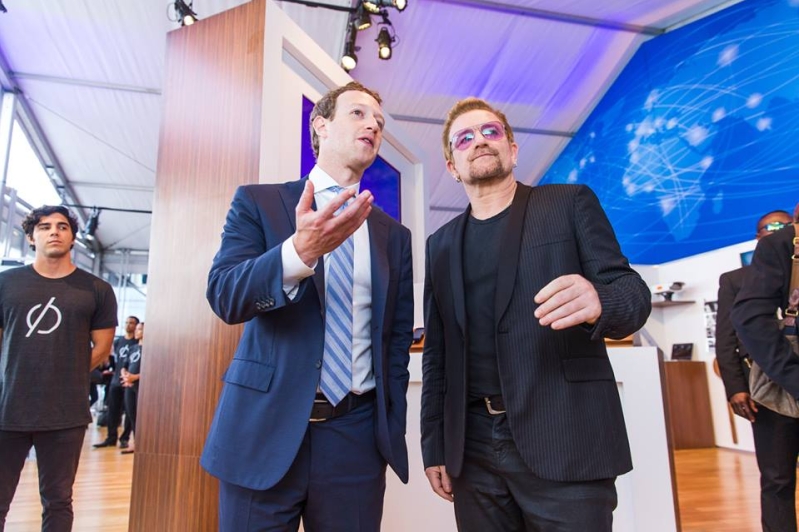
Thousands of refugees around the world will soon have access to the internet thanks to the efforts of Facebook executive Mark Zuckerberg.
Speaking at the United Nations Private Sector Forum on Saturday, Zuckerberg said Facebook would work with the U.N. High Commissioner for Refugees to make the internet available to those who wouldn't otherwise be able to use it, the The New York Times reports.
Referring to the internet as an "enabler of human rights" and a "force for peace," Zuckerberg claimed that "research shows that when you give people access to the Internet, one in ten people is lifted from poverty."
"Connectivity will help refugees better access support from the aid community and maintain links to family and loved ones. Facebook is in a unique position to help maintain this lifeline," he explained.
Later he admitted that having more people online would be beneficial to Facebook itself: "It's not all altruism," he said. "We all benefit when we are more connected."
Currently, three billion people around the world have access to the Internet - less than half of the global population.
The report notes that the 31-year-old entrepreneur did not specify exact details of how, when, or where Facebook would start to offer internet to refugees first. However, Zuckerberg also announced he has partnered with Bono, U2 frontman and founder of the advocacy group ONE, to publish a connectivity declaration, which calls on global leaders to prioritize Internet access.
"Today over half the people on this planet don't have access. That is not good for anyone - not for the disempowered and disconnected, and not for the other half, whose commerce and security depend on having stable societies...We know the global community can, and must, do more - and urgently," the duo wrote in an op-ed for the New York Times in which they announced their intentions to start a global movement and encouraged Silicon Valley tech companies to take action.
"More technology companies and entrepreneurs must take more responsibility. Silicon Valley should look beyond itself and act more on issues like education, health care and the refugee crisis. We challenge the tech industry to do far more for those most marginalized, those trapped in poverty, and those beyond or on the edge of the network."
They continued, "All the global goals must be scored - but the goal of connectivity for everyone everywhere will surely hurry this game-that's-not-a-game to its successful conclusion. Hurry being the operative word here."
Wired notes that dozens of people have signed the initiative already, including Richard Branson and Bill and Melinda Gates. Other influential participants include Bill Gates, Richard Branson, actress Charlize Theron, and Wikipedia co-founder Jimmy Wales.






